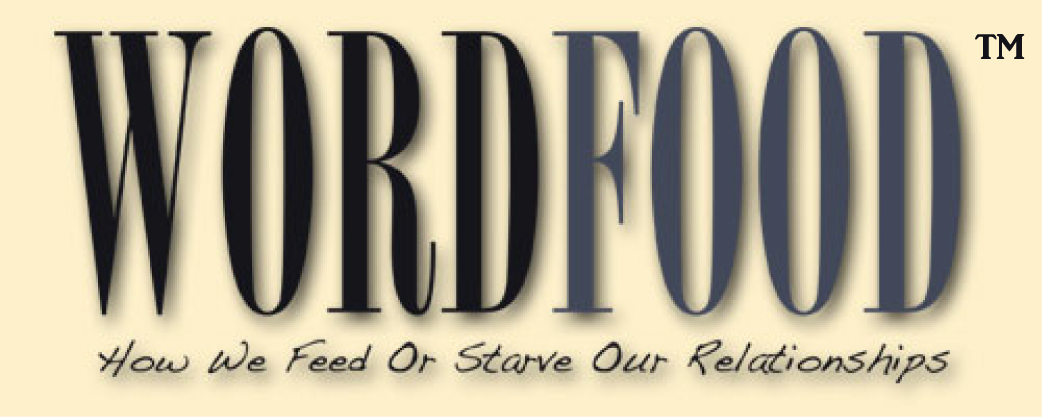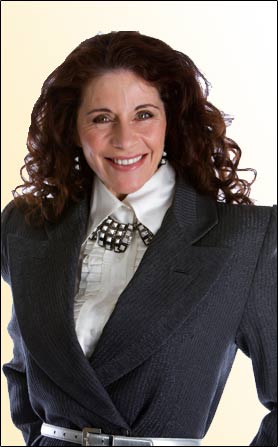Over the last few years I’ve been taking riding lessons at a place called Cottonwood here in the Denver area. Suffice it to say that Colorado is horse country, and there are a lot of stables. I was referred to this facility through a mutual friend, and for the most part was pretty happy with it.
I say “pretty happy” because there were some drawbacks. On one hand the instructors didn’t stay for long. The other drawback was the owner, who has the unfortunate characteristic of publicly dressing you down if she didn’t like what you were doing. Didn’t matter who you were, how old you were, what you were paying to be there. If she didn’t happen to like something, she would take out her fury on you at full volume, treat you as though you had the brains of a caterpillar, and make sure everyone in a mile radius knew about it.
The first time this happened I was simply appalled. What kind of an owner treats paying customers like this? I later found my sense of humor, wrote it off and got over it. However, I made sure that I stayed out of this woman’s way as much as possible. As my instructors always said, “Tara’s barn, Tara’s rules,” which were capricious at best. Avoidance worked til last Thursday.
This past May I came home from Nepal with girardia, which just got diagnosed. In addition I’ve been riding bareback saddle pad which was fine on some horses but not on others, whose rougher trot caused me considerable pain and bleeding. Thursday I was both in pain and ill, and I had put on a saddle for the first time this year. I was sliding and slipping and frustrated, in pain and annoyed at myself and my physical condition . In addition my young instructor was nagging at me for the second time that week- for reasons unbeknownst to me. Her horse had died the previous Sunday, she was angry and hurt and no wonder. She was taking it out on me, and the two of us were having a rough day. Not an impossible one, but we were a little short tempered.
Add to this inside the big internal ring, the owner’s habit of riding around and around, back and forth, this way and that, wholly unpredictably, so that not only do I not have a clue where she’s going or what she’s doing I end up stopping completely so that I don’t run into her. She lays into me at full volume, on and on and on and on and ON, without the courtesy of asking what might be the matter. Tara’s dressing me down the way you might a three year old kid who’s smeared food on the wall. I’m at least fifteen years older than she is. I grew up saying Ma’am to my elders. And betters. It’s a spectacle indeed.
A sane person with a modicum of decency might quietly pull us both aside and inquire as to why we were complaining at each other. While I have compassion for whatever is causing her so much pain she must take her fury out on others, my riding boots and bucks belong elsewhere.
I fired Cottonwood, and wrote the kind of Yelp review they had coming. You do not shame, punish and verbally abuse customers. You do not take out your personal damage on clients. Anyone even thinking about Cottonwood should be forewarned.
Our mutual friend argues that Tara is strong. I’ve build women’s networks out of powerful, incredible women. They were also immensely humble, compassionate and gracious. These are the precise characteristics that made them strong.
Emotional maturity is born of our ability to take what life has handed us and turn it into gifts, not grandiosity. Every truly strong woman I know isn’t the least bit arrogant or hateful.
We all have the right to put ourselves into healthy, nurturing environments where we are fed the kind of WordFood that develops us. If you find yourself around someone whose self hatred spills out in toxicity, leave as soon as possible. You cannot do their work for them, but you can improve your quality of life.

